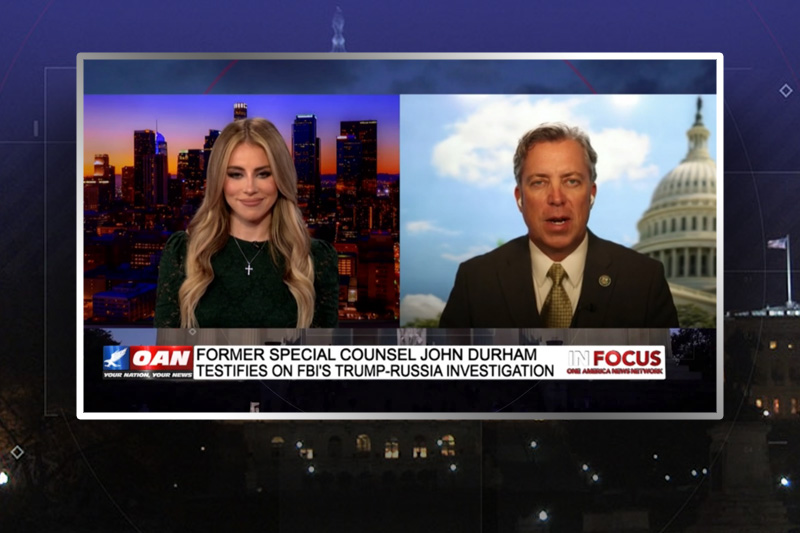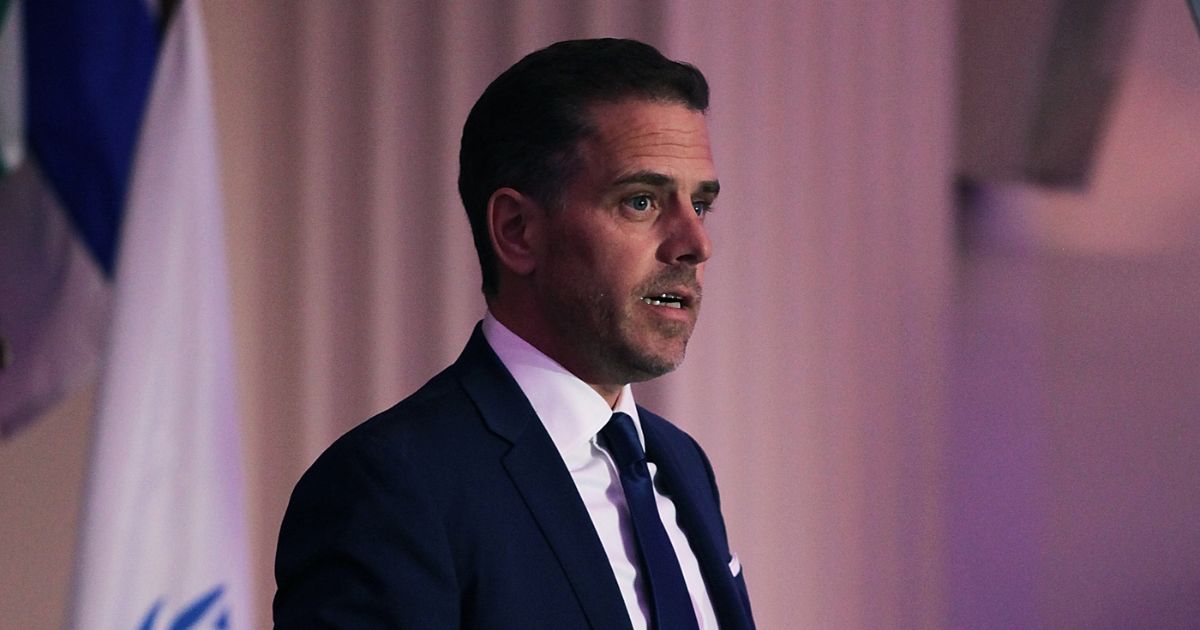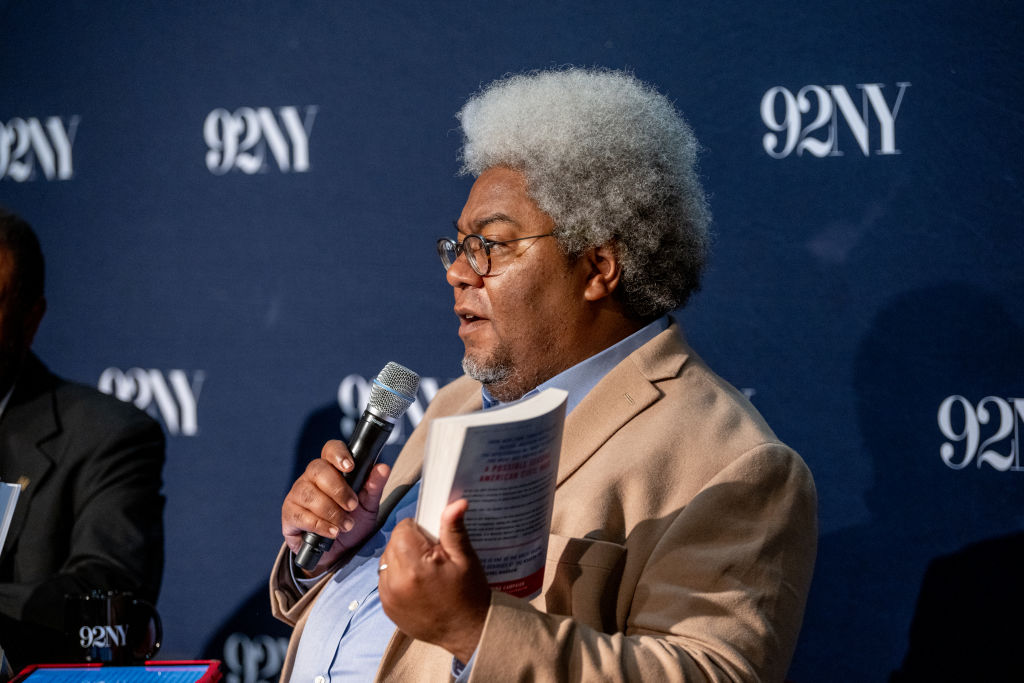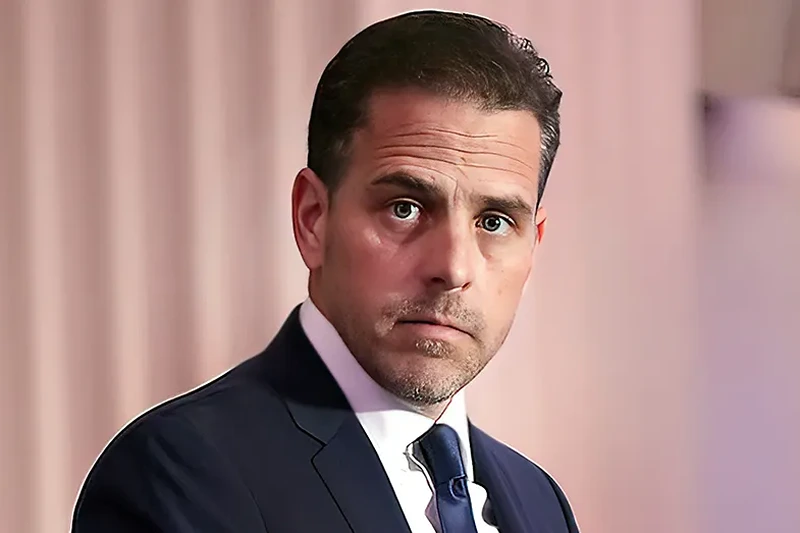Should SCOTUS Dismiss The Consequential Section 230 Case, Gonzales v. Google?
Oral arguments Gonzalez v. Google It will be held on Tuesday. Nearly thirty years after its enactment the Supreme Court will finally review Section 230 (c)(1), which establishes the fundamental liability regime for internet users. The Gonzalez The plaintiffs are relatives of those who were killed in the terrorist attacks on San Bernardino, Istanbul, Paris. They claim that YouTube’s targeted recommendations for videos motivated terrorists to murder their loved ones.
Section 230 (c)(1) is a mirror of the traditional liability rules that apply to telegraphs or telephones. It protects online platforms from any liability arising out of statements made by users. It states: “No provider or user of an interactive computer service [e.g., Google] shall be treated as the publisher or speaker of any information provided by” Another user. Facebook Section 230(c),(1) covers you if you libel a friend. However, Facebook can sue you only if it wrongs a user. Own Section 230(c),(1) does not apply to speech or actions
The question here is whether algorithmically generated targeted suggestions should be considered. “information provided by another” Oder the platform’s Own speech. YouTube can consider targeted recommendations as speech. However, Section 230c(1) doesn’t provide any legal protection. If the recommendations are information given by another, then Section 231c(1) offers protection. Google claims that its recommendations are simply algorithmically reorganized speech from its users.
However, this suit raises an even more fundamental question. Because Gonzalez Section 230 (c)(1) will be examined by the court for the first time. It is possible that the court will rule on the scope of the provision. While Some courts have read the provision correctly, many lower courts have expanded the purview of Section 230(c)(1) beyond any conceivable textual interpretation.
Many federal judges, including Justice Clarence Thomas have acknowledged the unwarranted expansion by lower courts of Section 230 (c)(1). His Statement Concerning a denial to certiorari, the 2020 case correctly identified how lower courts expanded Section 230’s protection absurdly without any textual or statutory basis. In Gonzalez, if the court reaches this fundamental question, it must not ratify the lower courts’ flawed expansive reading — but rather should adopt Thomas’ textual reading.
The inexplicable strategy behind the Gonzalez Plaintiffs has cast doubt on whether the court will hear a lot of arguments on this fundamental question. The Gonzalez The question that plaintiffs presented was different from the one on which certiorari was granted by the court. It is remarkable that the court granted certiorari to plaintiffs. Gonzalez The plaintiffs are now in agreement with Google regarding the scope of Section 230(c),(1). In light of the stakes involved and Gonzalez’s strange litigation moves, the court should dismiss the case as improvidently granted — or be very careful to rule narrowly and avoid ratifying faute de mieux The parties have now agreed to disagree on the scope of Section 230(c).
The Position of ‘Google and Friends’
The Gonzalez This theory of liability seems crazy. Plaintiffs claim YouTube’s video recommendation made otherwise peaceful people view more politically-oriented videos, and that this led to them becoming terrorists. The Gonzalez Plaintiffs essentially claim that terrorists would be mild-mannered Islamic theologians if YouTube had not recommended them
" Conservative News Daily does not always share or support the views and opinions expressed here; they are just those of the writer."





